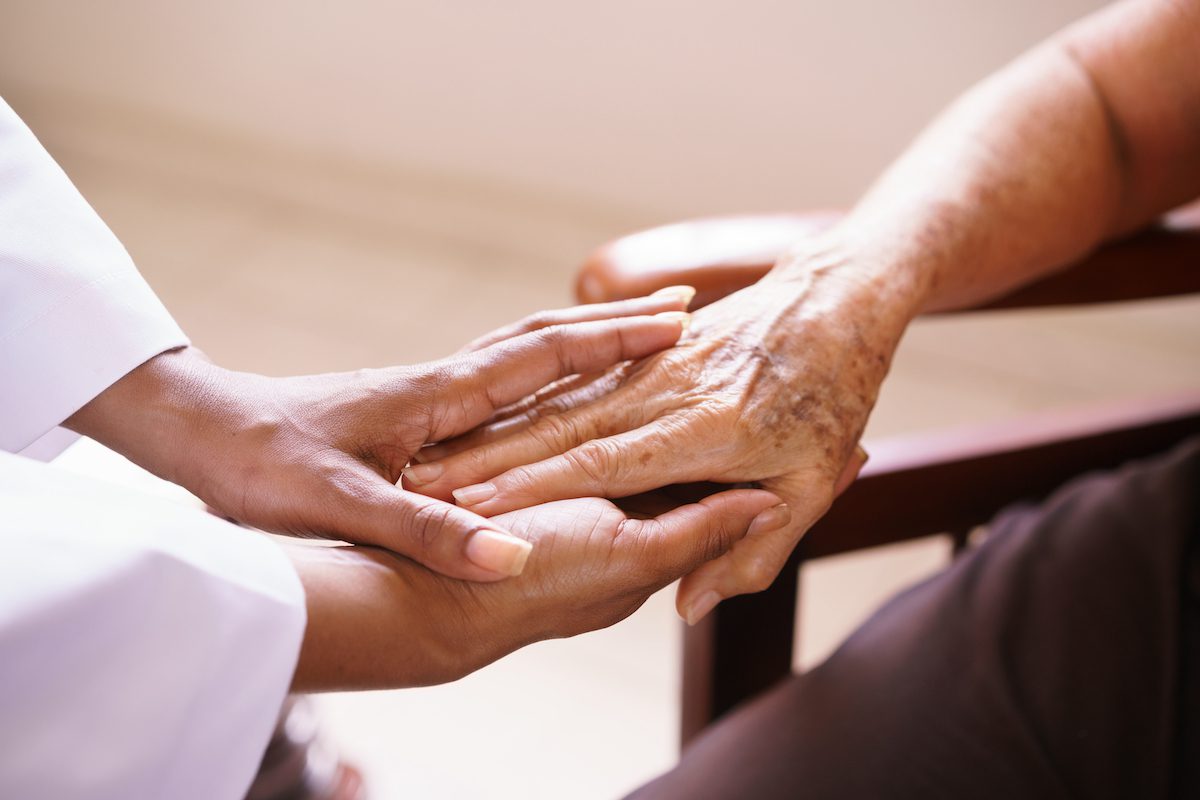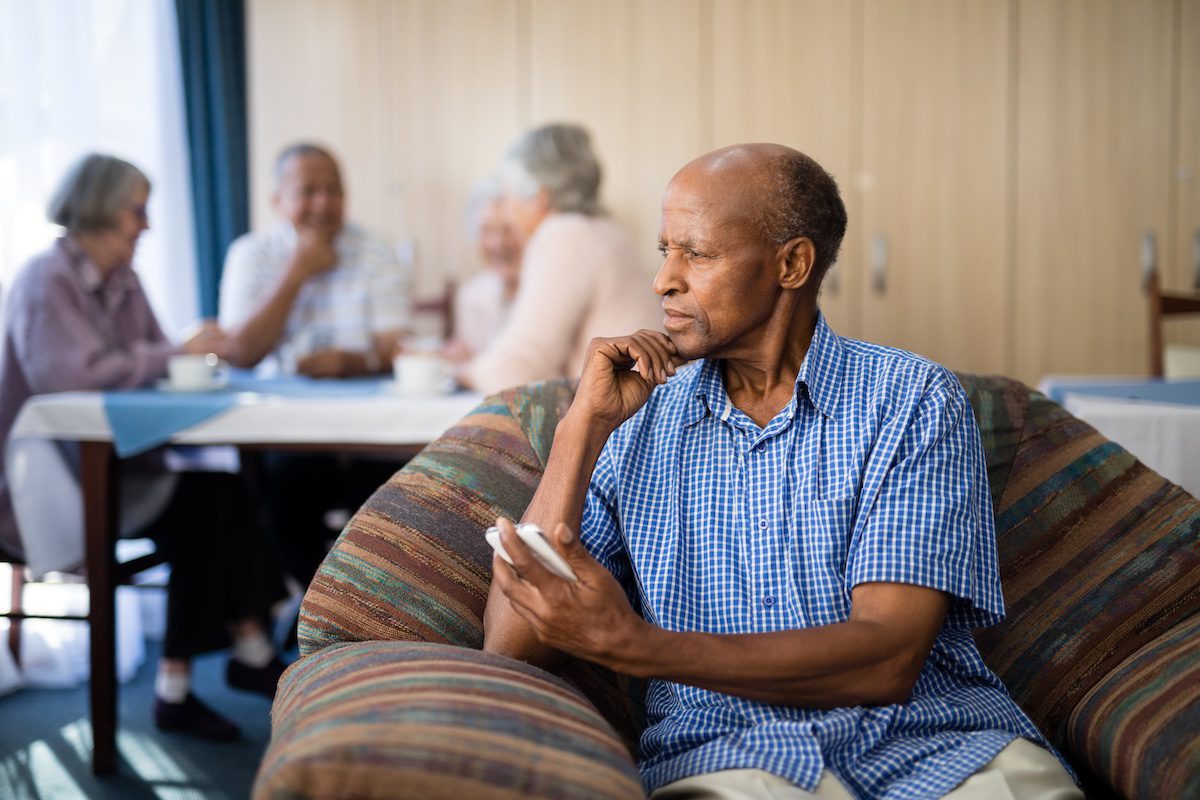End of life care is something that most of us hope to never have to deal with, but it’s important to be prepared for the possibility. Nobody knows when their time will come, and it’s important to have a plan in place for yourself or a loved one if they are nearing the end of their life.
In this blog post, we will discuss 7 steps to prepare for end of life care. We’ll talk about what end of life care is, the different types there are, and how you can best prepare yourself or a loved one for this difficult time.
What Is End of Life Care?
End of life care is defined as “the care and support provided to someone who is dying, and their family and friends. It includes practical help with things like washing, dressing, and eating, as well as emotional support.”
There are many different types of end of life care, but the main goal is to make the person comfortable and help them through the process of dying. This can be done in a variety of ways, depending on the situation and what the person wants.
Types of End of Life Care
There are many different types of end of life care, but some common ones include:
Hospice Care
This is when someone is no longer receiving treatment for their illness and is instead focusing on comfort care. This can be done at home, in a hospice facility, or in a hospital.
Palliative Care
This is when someone is still receiving treatment for their illness, but they are also receiving comfort care. The goal of palliative care is to improve quality of life for the person and their family.
Home Care
This is when someone receives care at home from nurses, hospice workers, or other caregivers. Home care can include things like help with bathing, dressing, and eating, as well as emotional support.
How to Prepare for End of Life Care
If you or a loved one is nearing the end of life, there are some steps you can take to prepare.
1. Discuss Your Wishes With Your Family and Friends
It’s important to let your loved ones know what you want, whether that’s to be kept comfortable or to receive treatment until the very end.
2. Choose a Primary Caregiver
This is the person who will be responsible for making decisions about your care, so it’s important to choose someone you trust.
3. Make Sure Your Legal Documents Are in Order
This includes things like an advance directive, which states your wishes for medical care if you are unable to make decisions yourself, and a durable power of attorney, which gives someone else the authority to make financial and legal decisions on your behalf.
4. Compile a List of Medications and Medical Conditions
This will be helpful for your caregivers, as they will need to know what you are taking and any allergies or sensitivities you have.
5. Talk To Your Doctor About Your Wishes
They can help you understand your options and make sure you are comfortable with the care you are receiving.
6. Make Financial and Practical Arrangements
This includes things like setting up a trust, making a will, and designating someone to handle your finances if you are unable to do so yourself.
7. Prepare Emotionally
This is perhaps the most important step, as the end of life can be a difficult time for both the person dying and their loved ones. It’s important to talk about your feelings, both good and bad, and to find a support system to help you through this tough time.
End of life care is a difficult but important topic. By following these steps, you can help make the process a little easier for yourself or a loved one.
How to Prepare For End of Life Care As a Caregiver
If you are a caregiver for someone who is nearing the end of life, there are some things you can do to prepare yourself. Here are a few tips:
1. Educate Yourself
Learn as much as you can about the person’s illness and what to expect during the end of life process. This will help you be better prepared to handle anything that comes up.
2. Find a Support System
It’s important to have someone to talk to who understands what you’re going through. This could be a friend, family member, therapist, or support group specifically for caregivers.
3. Take Care of Yourself
This is one of the most important things you can do as a caregiver. Make sure to take time for yourself, both to rest and to do things you enjoy. This will help you be better able to care for your loved one.
4. Make Practical Arrangements
If you will be taking time off from work, make sure to arrange it in advance. You may also need to make arrangements for things like child care or home care.
5. Prepare Emotionally
This is a difficult time for everyone involved. Be prepared for the range of emotions you may feel, and don’t hesitate to seek professional help if needed.
End of life care can be a challenging but rewarding experience. By preparing ahead of time, you can make it easier on yourself and those you love.
Deciding When to Pursue End of Life Care
There is no one answer to this question, as it is different for everyone. Some people may want to pursue end of life care when they are no longer able to live independently, while others may wait until they are closer to the end of their life.
Ultimately, the decision should be made based on what is best for the person and their family.
If you or a loved one is facing the end of life, some important decisions need to be made. These seven steps can help you prepare for this difficult but important time.
By taking the time to educate yourself, choose a primary caregiver, make legal and financial arrangements, and emotionally prepare, you can make the process a little easier for everyone involved.
Our team is available to answer any questions you may have about end of life care and how to prepare both yourself and your loved ones.







